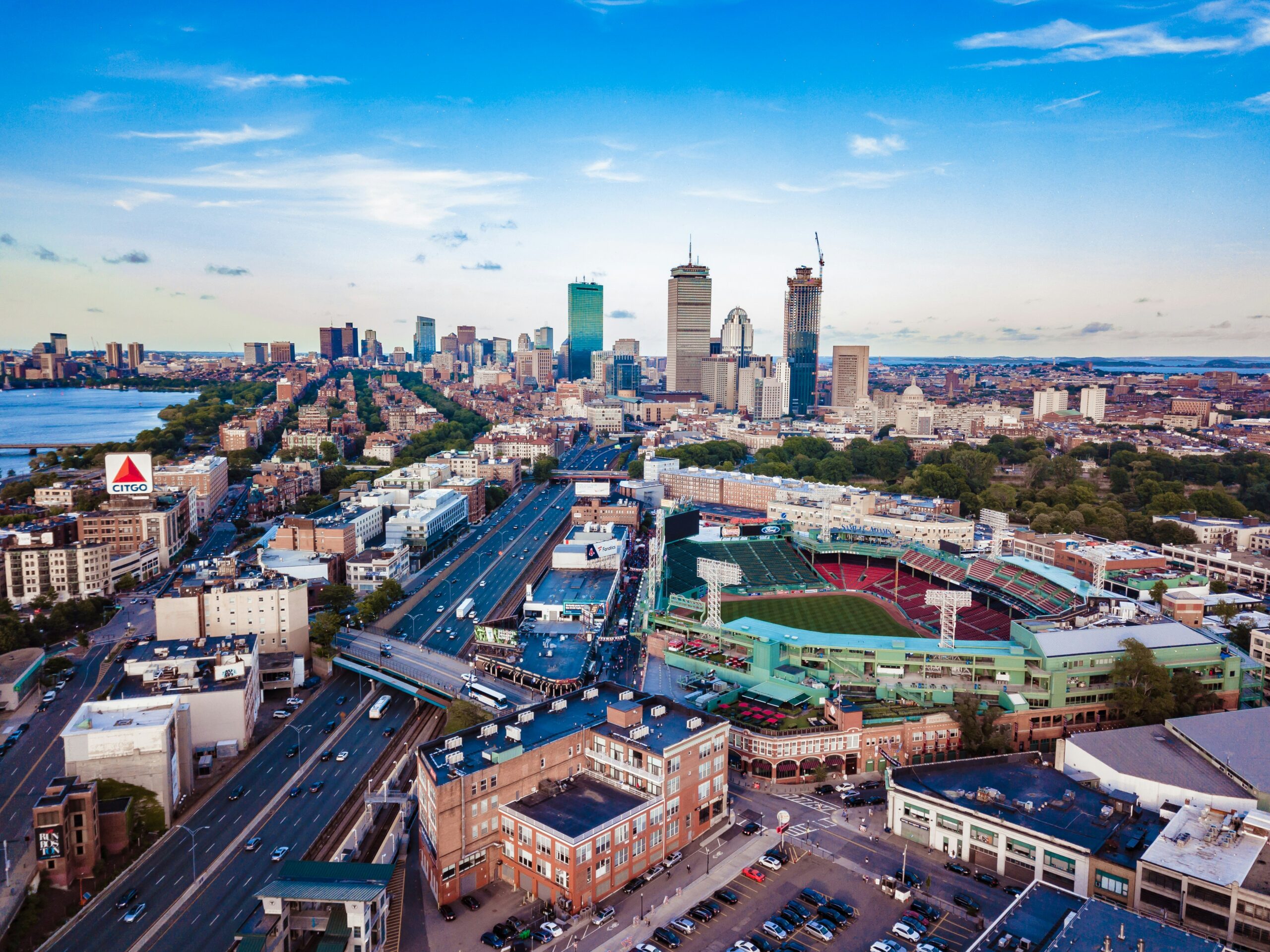The housing market in Greater Boston is like a rollercoaster ride that never seems to end. With the median price of a single-family home soaring past $865,000, even those with middle-class incomes find themselves clutching their wallets in despair. But the real kicker? Renters are feeling the pinch even more than homeowners. Let’s dive into the numbers and see why this is happening.
Renters vs. Homeowners
In the battle of renters versus homeowners, renters are taking the brunt of the housing cost burden. According to recent Census data, between 2019 and 2023, a staggering 45.6% of renters in the Boston metropolitan area were considered “cost-burdened,” meaning they spent 30% or more of their income on housing. In contrast, only 26.7% of homeowners faced the same financial strain. It’s like a game of Monopoly where renters keep landing on Boardwalk with a hotel, while homeowners are chilling on Baltic Avenue.
The Boston scenario
Boston itself mirrors this trend, with 46% of renters and 29% of homeowners being cost-burdened. But here’s the kicker: 24% of renters are spending more than half their income on housing. Imagine trying to save for a rainy day when your paycheck is already drenched in rent. It’s no wonder many are looking to buy homes to stabilize their housing costs, but with prices this high, it’s like trying to catch a greased pig.
The great migration
With housing costs spiraling out of control, many are packing their bags and heading for greener pastures. In 2023 alone, 35,000 residents left Greater Boston, with many citing the cost of housing as their primary reason. It’s like a modern-day Gold Rush, but instead of gold, people are searching for affordable rent in places like Texas.
The stark reality
In some towns, the disparity between renters and homeowners is even more pronounced. Take Strafford, N.H., for example, where a whopping 80% of renters are cost-burdened compared to less than 20% of homeowners. It’s like a tale of two cities, but instead of Dickensian London, it’s happening right here in New England.
Rising rents and stagnant incomes
The root of the problem lies in the ever-increasing rents. From 2019 to 2023, the average rent for a one-bedroom apartment in the region jumped 16%, from $1,545 to $1,794. Meanwhile, incomes have barely budged, leaving many renters feeling like they’re running on a treadmill set to “uphill.”
The path forward
So, what’s the solution to this housing conundrum? While there’s no magic wand to wave, policymakers and community leaders must work together to address the root causes of this crisis. Whether it’s through affordable housing initiatives, rent control measures, or innovative housing solutions, it’s time to put our heads together and find a way to make Greater Boston a place where everyone can afford to live.
In the end, the housing market in Greater Boston is a complex puzzle that requires a collaborative effort to solve. But with determination and a little bit of humor, we can navigate this rollercoaster ride and find a way to make housing affordable for all.
Stay tuned with us to read the most important news from the U.S. and keep yourself informed about the latest developments.
Contact us today through our website or WhatsApp to discover how we can help you achieve success in the United States. Together, we can turn dreams into reality.
Information source: bostonglobe.com



